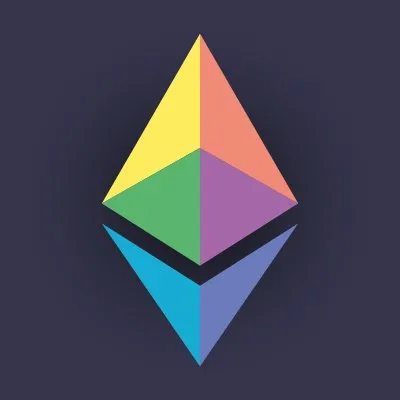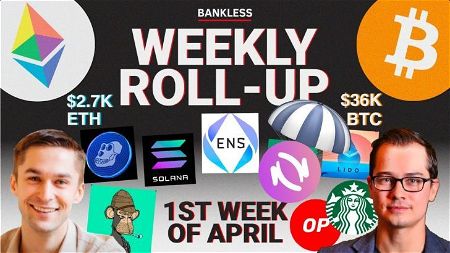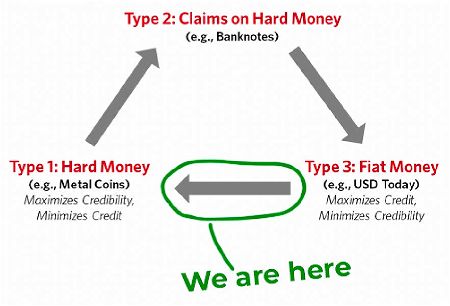Does Crypto Care About Data Privacy?

 Cartesi - Build app-specific rollups with Web2 tooling!
Cartesi - Build app-specific rollups with Web2 tooling!
Dear Bankless nation,
Here’s a recap of the biggest crypto news in the fourth week of August.
Tornado Cash and privacy
How well do Big Tech companies handle data privacy? Not too well, if you follow the popular discourse. It’s well-known that under the “surveillance capitalism” paradigm, Big Tech exploits our data and routinely commits egregious violations of user privacy.
Yet, that framing is misleading. Consider that Big Tech firms control so much data because they also deliver a market product that billions of people greatly value. We voluntarily give up our data because the value of accessing a community on Twitter or running a highly-optimized Google search far outweighs the fraction of a cost of giving up some information about ourselves.
Put more correctly, the complaint about Big Tech is that we unnecessarily submit too much of our data to these corporations. Do we want to live in a world where FAANG holds less of our data? Sure. But it doesn’t measure up to the hostile rhetorical volume that accompanies the oh-so-typical anti-Big-Tech rhetoric, where claims like “Big Tech corporations are enslaving us” are carelessly thrown around.
Big Tech does not “violate” privacy, at least not in the same way the sanctions on Tornado Cash does. Facebook creates an enjoyable product which necessitates you consensually give up some privacy to benefit from it. The Tornado Cash sanctions on the other hand, coerces users with the threat of jail time not to use a privacy-enhancing product, and developers not to write code. It’s been criticized as unconstitutional by the EFF this week since code has been established as speech under the First Amendment. There’s a difference.
This week, crypto continues to respond to OFAC sanctions on Tornado Cash:
- Flashbots is moving to blacklist wallets addresses sanctioned by the Treasury department
- FTX is freezing user accounts interacting with Aztec Connect, a privacy-focused ZK-rollup that is wholly non-related to Tornado Cash
- Uniswap bans 253 wallets from accessing its frontend
Tom Emmer writes an open letter to Janet Yellen, challenging OFAC’s decisions.
Alexey Pertsev, a Tornado Cash code contributor, is still in custody with Dutch police after a judge ruled he needs to be in jail for another 90 days. Join the fight by signing his petition here. 👈
TribeDAO is no longer a tribe
Under U.S. bankruptcy law, creditors (bondholders) are typically the first to be repaid, followed by employees, then shareholders during insolvency. It’s why equity investments are considered to be the most risky. This prevailing wisdom is seemingly being turned on its head in the recent winding down of Tribe DAO.
For context, Tribe DAO was the result of a multibillion dollar merger in late 2021 between popular protocols Rari Capital and Fei Protocol. After a $80M hack in April 2022 that saw other protocols like Frax Finance and Olympus lose millions, Tribe DAO passed an off-chain Snapshot vote weeks later that voted in favor of compensating hack victims. That vote however was never followed through on, and later invalidated by an on-chain Tally vote, for reasons of protecting Fei Protocol’s PCV.
Fast forward to last week, Tribe announced the shut down of the protocol, citing “mounting technical, financial, and future regulatory risks” as the reason for its closure.
Fine. So who should get paid first in a wind down? That depends on whether you consider hack victims as “creditors”. In TradFi, creditors are individuals that enter into contractual agreements to extend credit loans to another party. Under that strict definition, hack victims – depositors on the Rari Fuse pools – may not qualify.
Under common DAO standards however, hack victims are often compensated partially if not in full. But that’s a social privilege, not a binding, mandated repayment. Should the May Snapshot vote have counted for something? In theory, yes, DAO leaders should follow through on them. In practice, Snapshot votes are technically non-binding. It’s the difference between socialware and trustware governance mechanisms, and DeFi investors need to know the differences before investing.
See Frax’s Sam Kazemian Twitter thread for fuller details:
Web3 News Roundup
Gary Gensler in the WSJ
The SEC Chair Gary Gensler wrote an explosive op-ed in the WSJ this week arguing why crypto firms should be treated the same under existing securities laws. An excerpt:
“[BlockFi] borrowed more than $10 billion in crypto assets from 570,000 investors, offering them a variable interest rate in return. That made its lending product offered to investors, called BlockFi Interest Accounts, a security. BlockFi then pooled these assets, packaged them into loans to institutional borrowers, and invested funds in other securities. That made it an investment company. That BlockFi had borrowed crypto wasn’t the issue here. In fact, you could replace “crypto” with any other asset. The issue was what it did with the borrowed assets and what it didn’t do as a firm: provide the required disclosures to investors. Compliance with our laws protects the investing public.”
Other individuals from the SEC have in the past called not to treat BTC and ETH as tradable securities.
Uniswap foundation
This week, Uniswap passed a governance vote in overwhelming favor of creating a Uniswap foundation. Creation of the new foundation comes with a $74M budget (1.05% of total UNI supply) to cover the foundation’s activities over three years.
BendDAO drama
The NFT lending protocol BendDAO saw its reserves plummet from 18,000 wETH to less than 15 wETH over the past weekend, putting a range of NFT assets at risk.
Read William Peaster’s excellent coverage of the topic on his Metaversal newsletter.
Other news:
FTX grew revenue by 1,000%, leaked financials show; Ethereum Layer-2 Immutable X surpasses Solana in NFT trading volume; Nike and Adidas makes $185M and $10.9M respectively from NFT revenues; Swell Network, a new liquid staking protocol launches on Ethereum;
Here’s what we have lined up next week.
- William Peaster is dropping an OP Stimpak guide
- Justin Drake is joining us on the podcast lowdown on why deflationary ETH is bullish
- Donovan Choy gives us the bull case for Web3 digital identity
See you next week.
- Donovan
 Donovan Choy
Donovan Choy 




